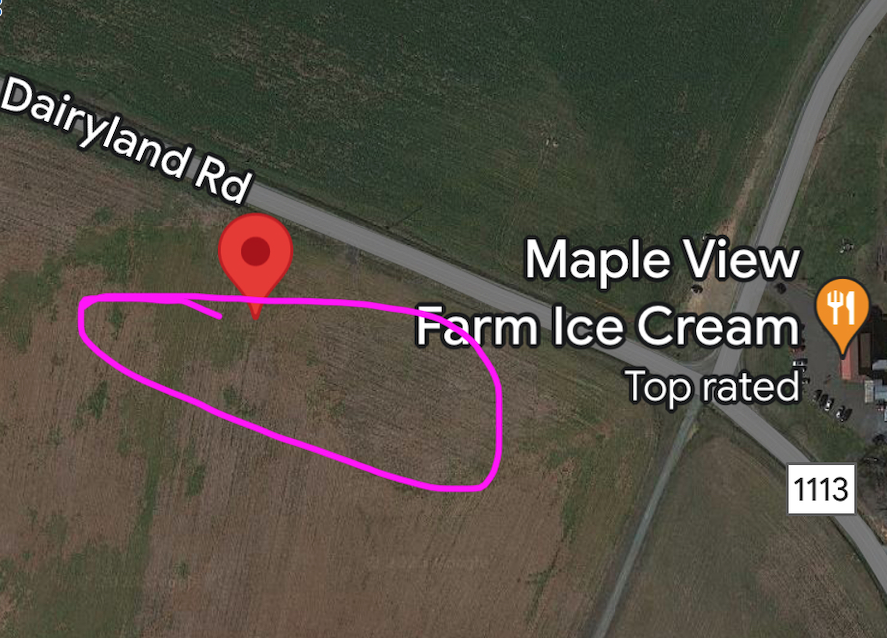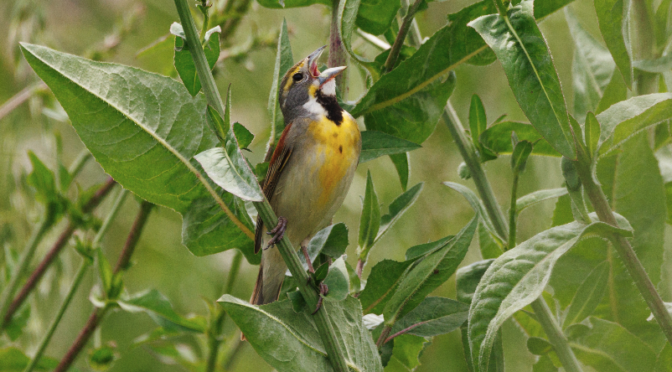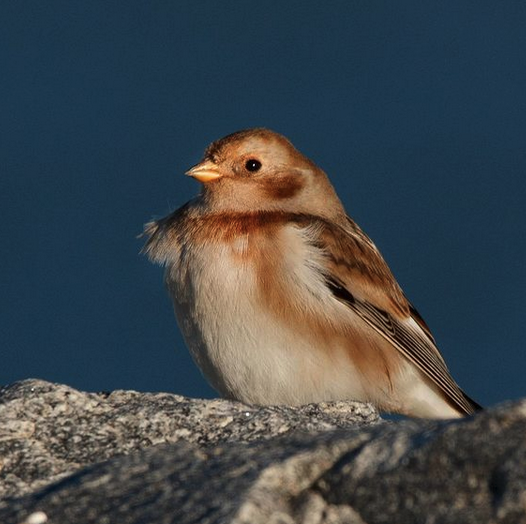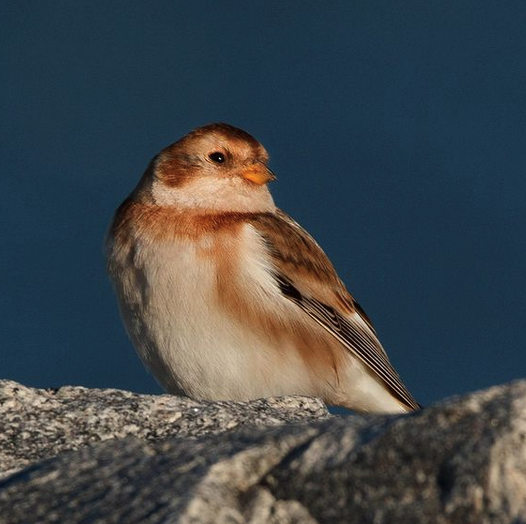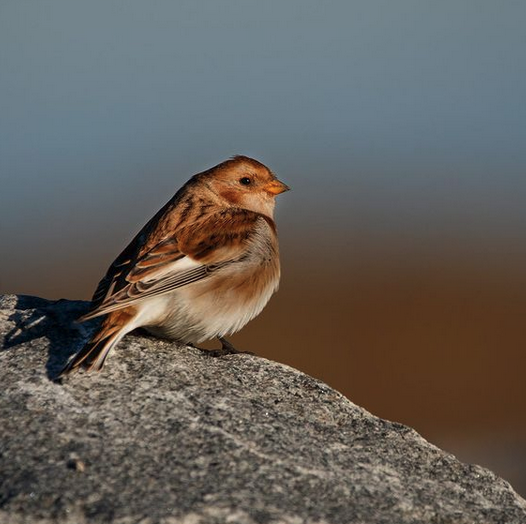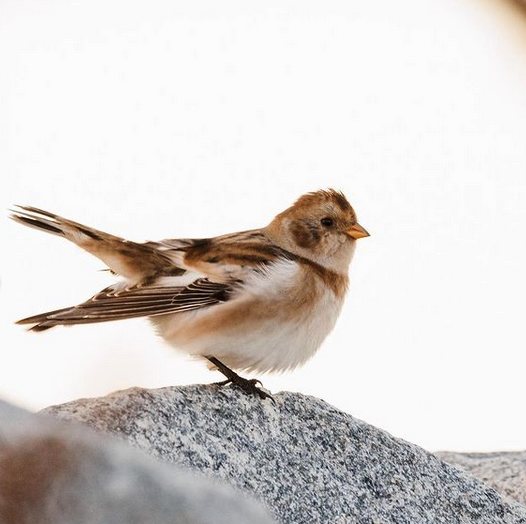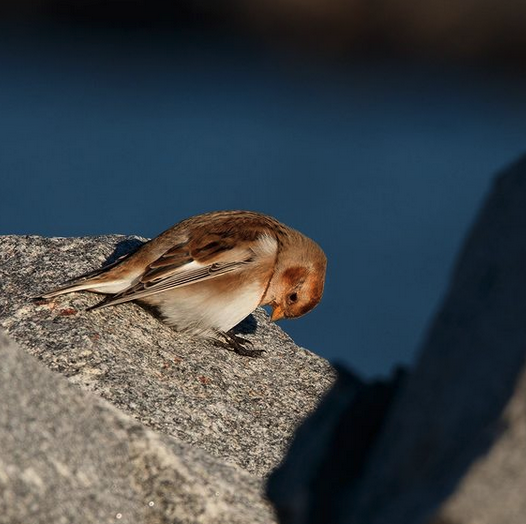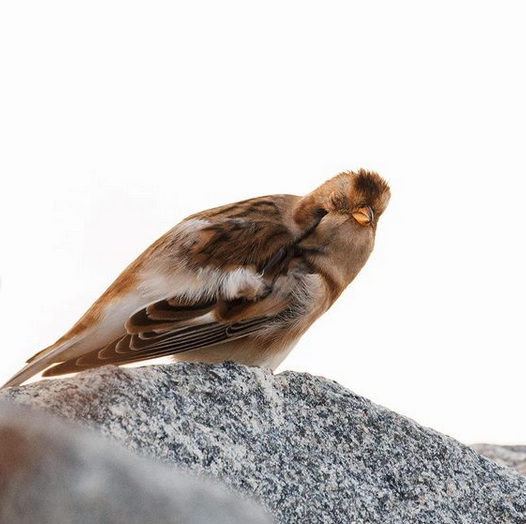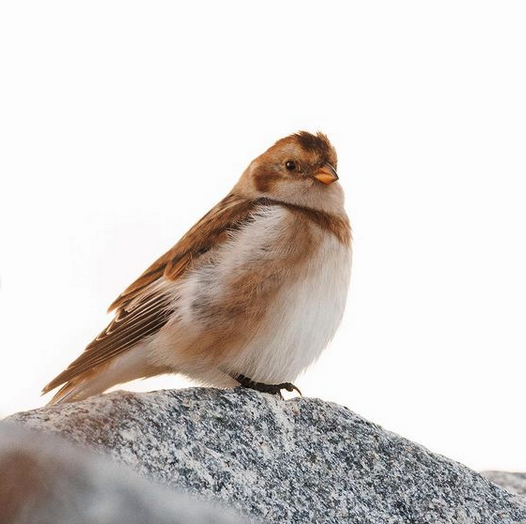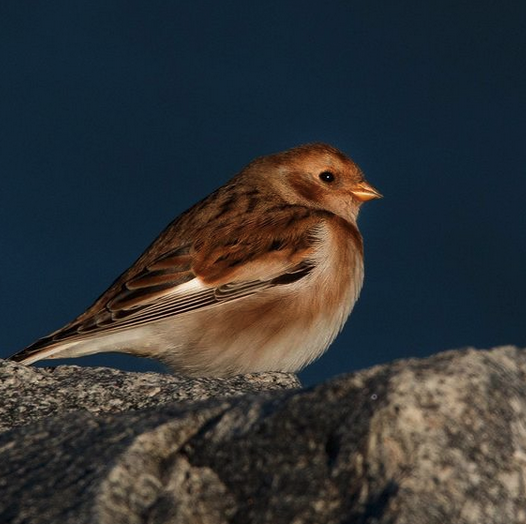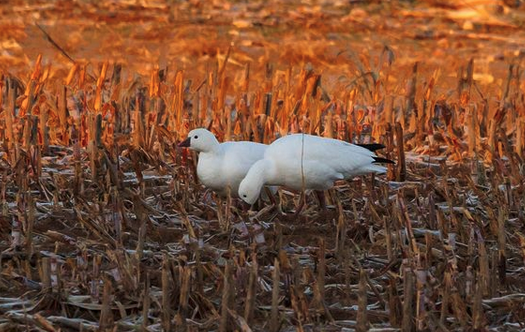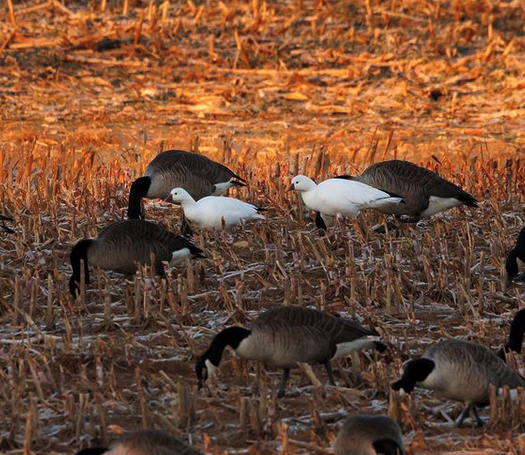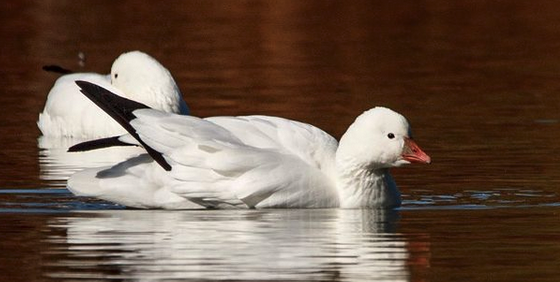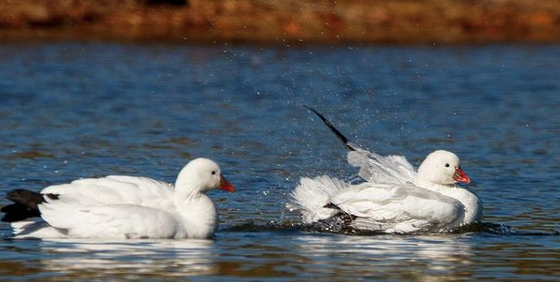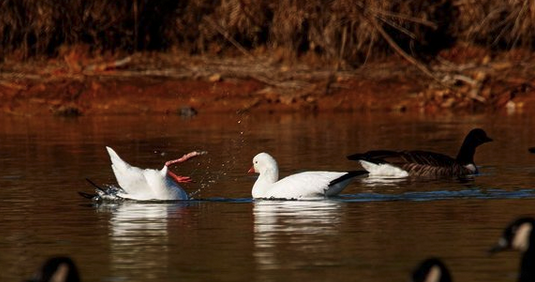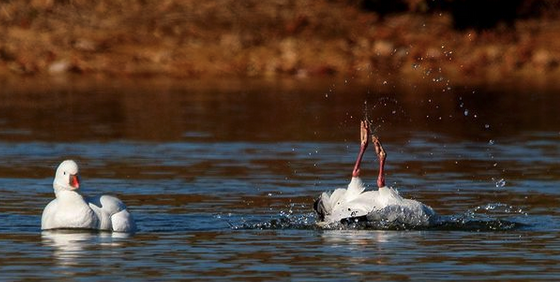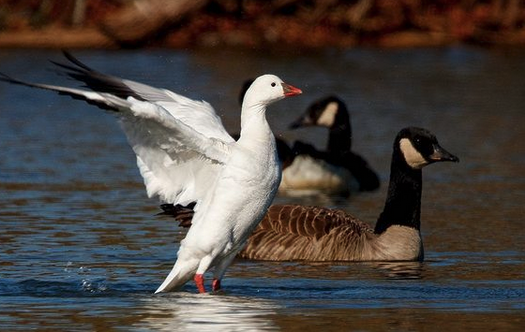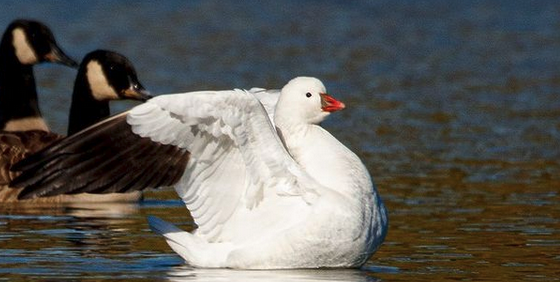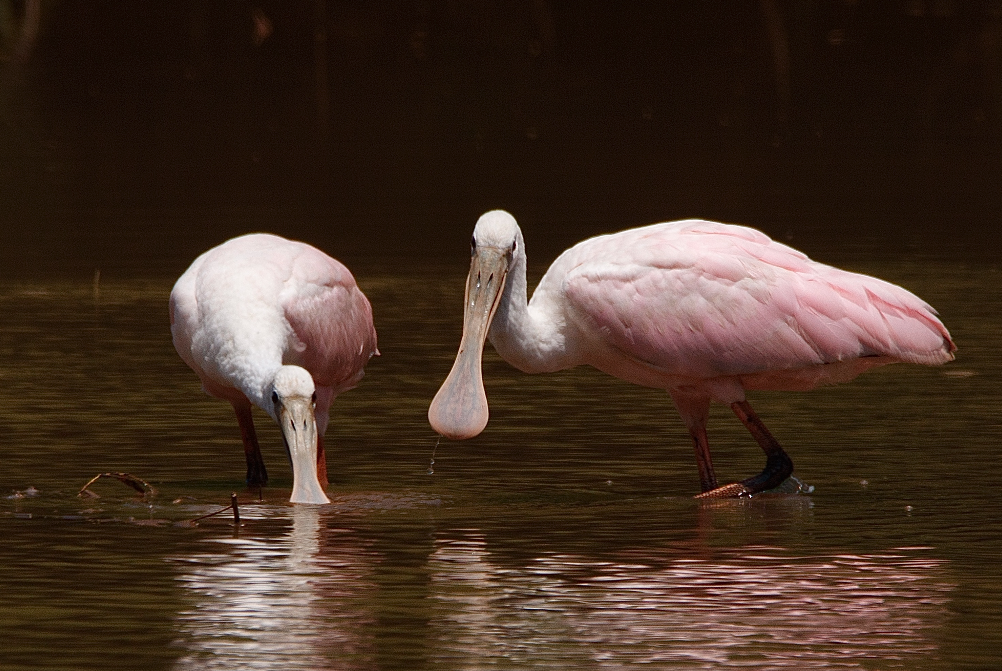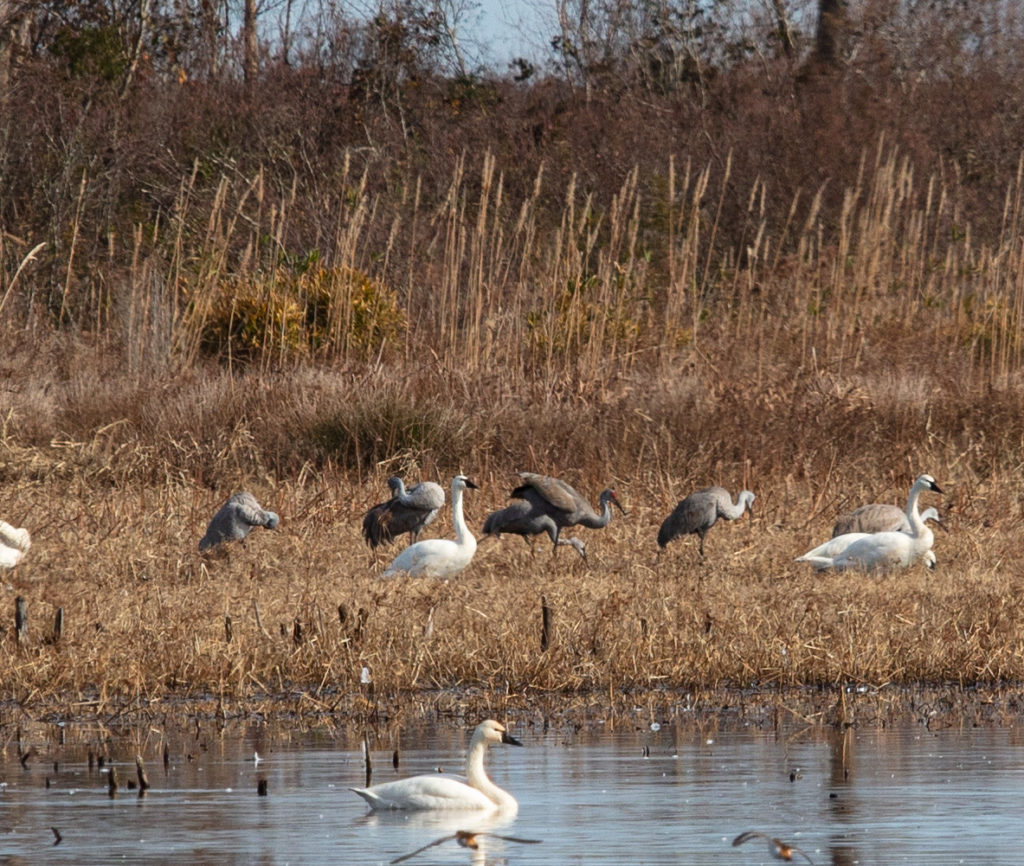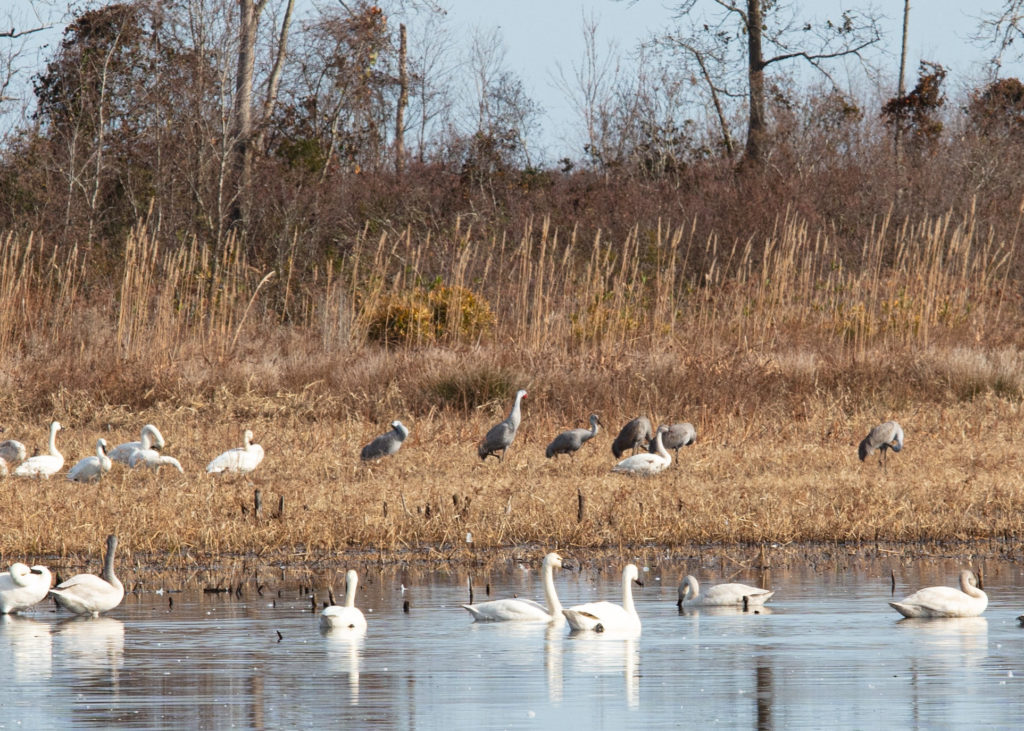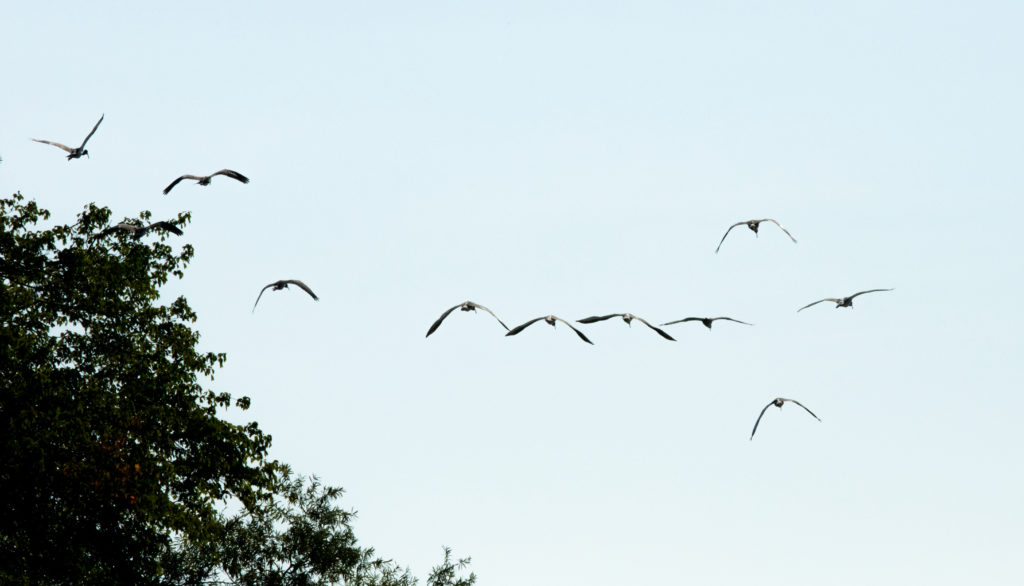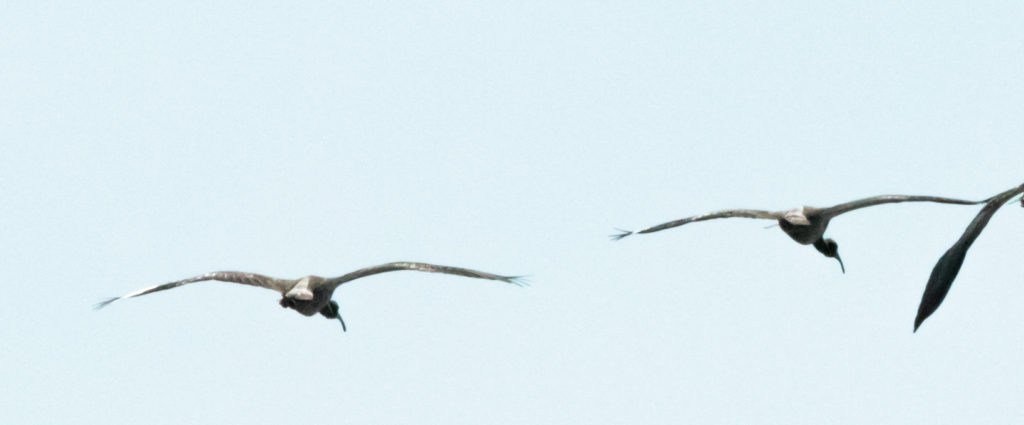By Sally Siko
Stoked to finally lay eyes on my first Dickcissle a couple of hours ago in Carrboro, NC!
Luckily this lifer wasn’t too difficult to spot as he was singing loudly in an open field of Blue Cornflowers across the highway from the Maple View Farm Ice Cream shop between the creamery and the farm pond.
It only took about 30 minutes to locate the bird once I was able to pick out his unique song of sharp sounds followed by a buzzy, almost hissed cisssssselll.
What a beauty!
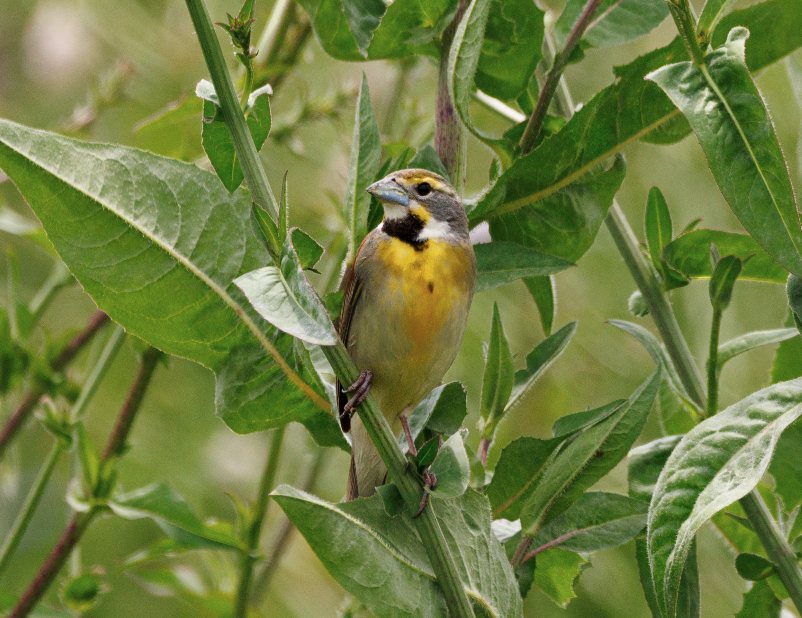
The breeding range of the Dickcissle typically stretches across the great plains region of the United States. Strangely enough though, quite a few of them also breed east of the Appalachian mountains, including right here in North Carolina.
Though a certain number of Dickcissels call the East Coast home during the summer they are still considered a rare sighting here in the Tar Heel state from May through July.
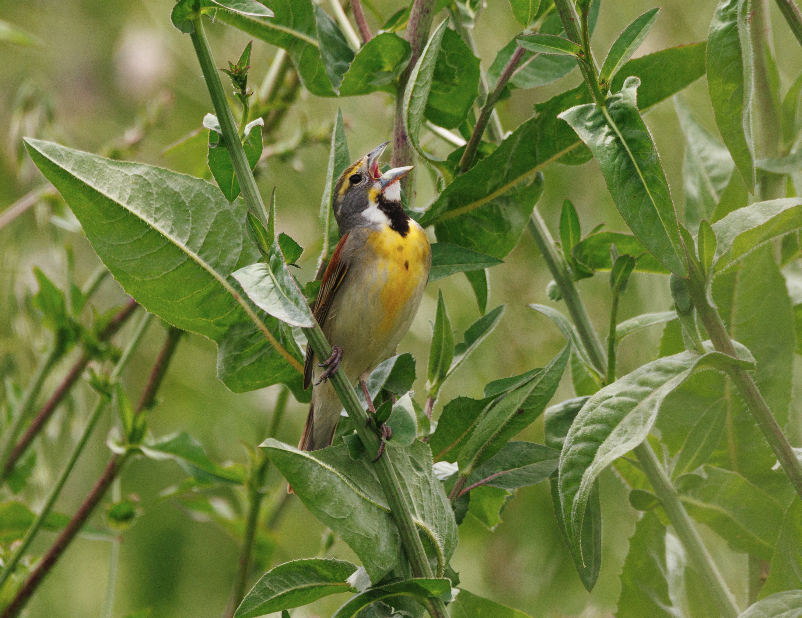
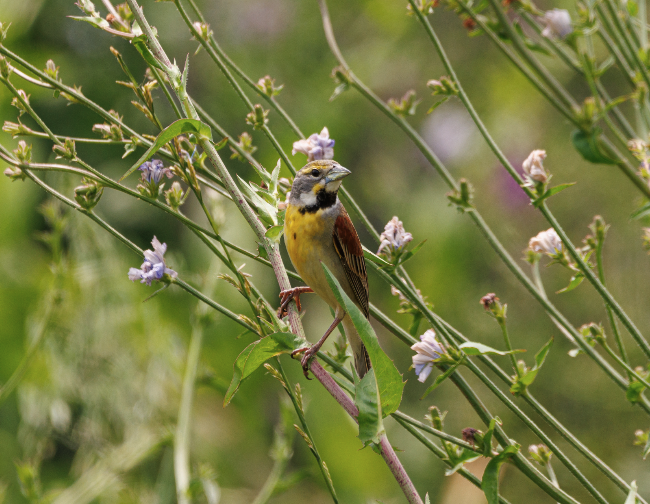
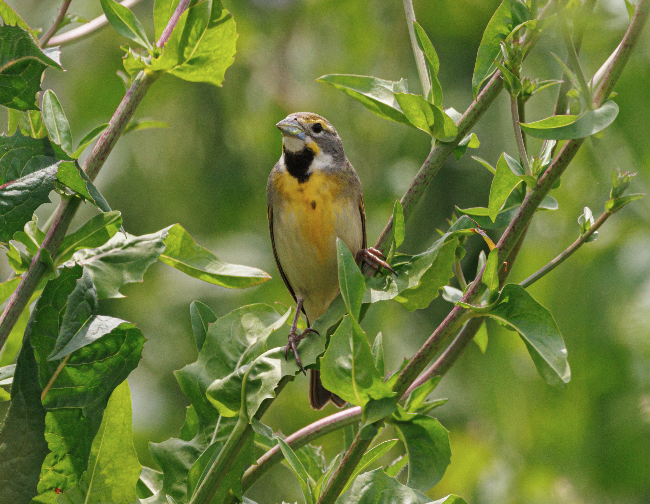
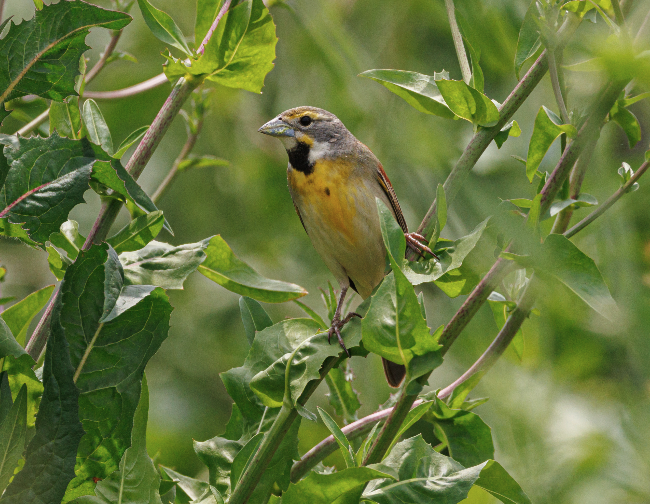
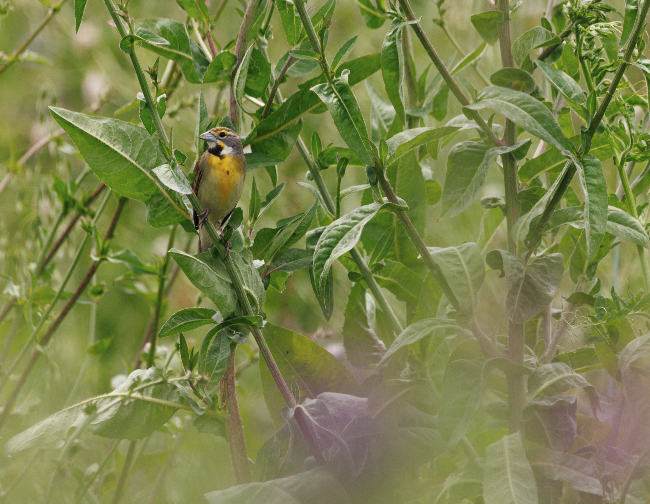
The Dickcissel is the only living member of the “Spiza” genus, inside the family of Cardinals and were named for the male’s song.
As with other members of Cardinal family, during the breeding season, Dickcissels eat both insects and seeds. Insects include grasshoppers, caterpillars, termites, flies, wasps, beetles; they also eat spiders. During migration and in the winter months, they eat almost exclusively seeds including grasses, willows, and buckwheat as well as crops including rice and sorghum.
These handsome birds are best spotted singing from the tops of scrubby branches in open fields, grasslands and in agricultural areas throughout the midwestern states of the US from Texas to the Dakotas.
But as seen here, you never quite know where a pair of Dickcissles will show up so it’s a good idea to keep an eye out for them throughout the summer months.
Photos by @sally_siko of @bestlife_birding both captured on my mighty mirrorless monster, the @canonusa #R5
PS. 10/10 recommend getting some ice cream at the nearby Maple View Farm Ice Cream ❤️
